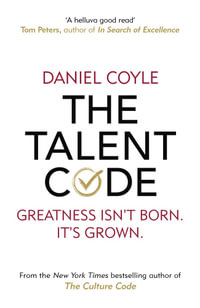In this major new book leading sociologists, economists, and social psychologists present their highly original research into changes in jobs in Britain in the 1980s.Combining large-scale sample surveys, personal life-histories, and case studies of towns, employers, and worker groups, their findings give clear and often surprising answers to questions debated by social and economic observers in all advanced countries.Does
technolgoy destroy skills or rebuild them? how does skill affect the attitudes of employees and their managers towards their jobs? Are women gaining greater skill equality with men, or are they still
stuck on the lower rungs of the skill and occupational ladders? The book also takes up neglected issues (what do employees really mean by a skilled job? how does skill-change link with changes in social values?) and challenges and discredits the widely held view that new technology has de-skilled the workforce.Skill and Occupational Change exploits the richest single data-set available in contemporary Europe and the authors exemplify many new techniques for
researching skills at work: as an economic resource, as a motor of occupational change, and as a basis for personal careers and identity. It provides the most comprehensive, authoritative, and carefully
researched set of conclusions to date on skill trends and their implications and draws the authoritative new map of skill-change in British society.
Industry Reviews
`Skill and Occupational Change contains a number of contributions to the debate on skills which will be of long-term value, both methodologically and substantively.'
Work, Employment and Society
`An extremely valuable and important piece of empirical research. In themselves, the papers that make up these volumes are excellent.'
Sociology
`A detailed analysis of the extent to which occupation have or have not become de-skilled while, at the same time, focusing upon subjective dimensions of skill.'
Sociology
`While students who have followed the literature will not be surprised by the general drift of the findings reported in this book, the book clearly advances the study of skill and occupational change in several ways.'
Industrial and Labor Relations Review
























